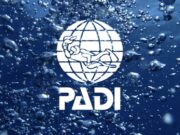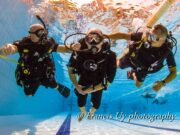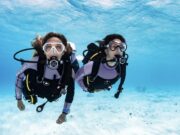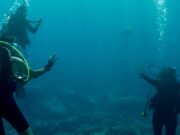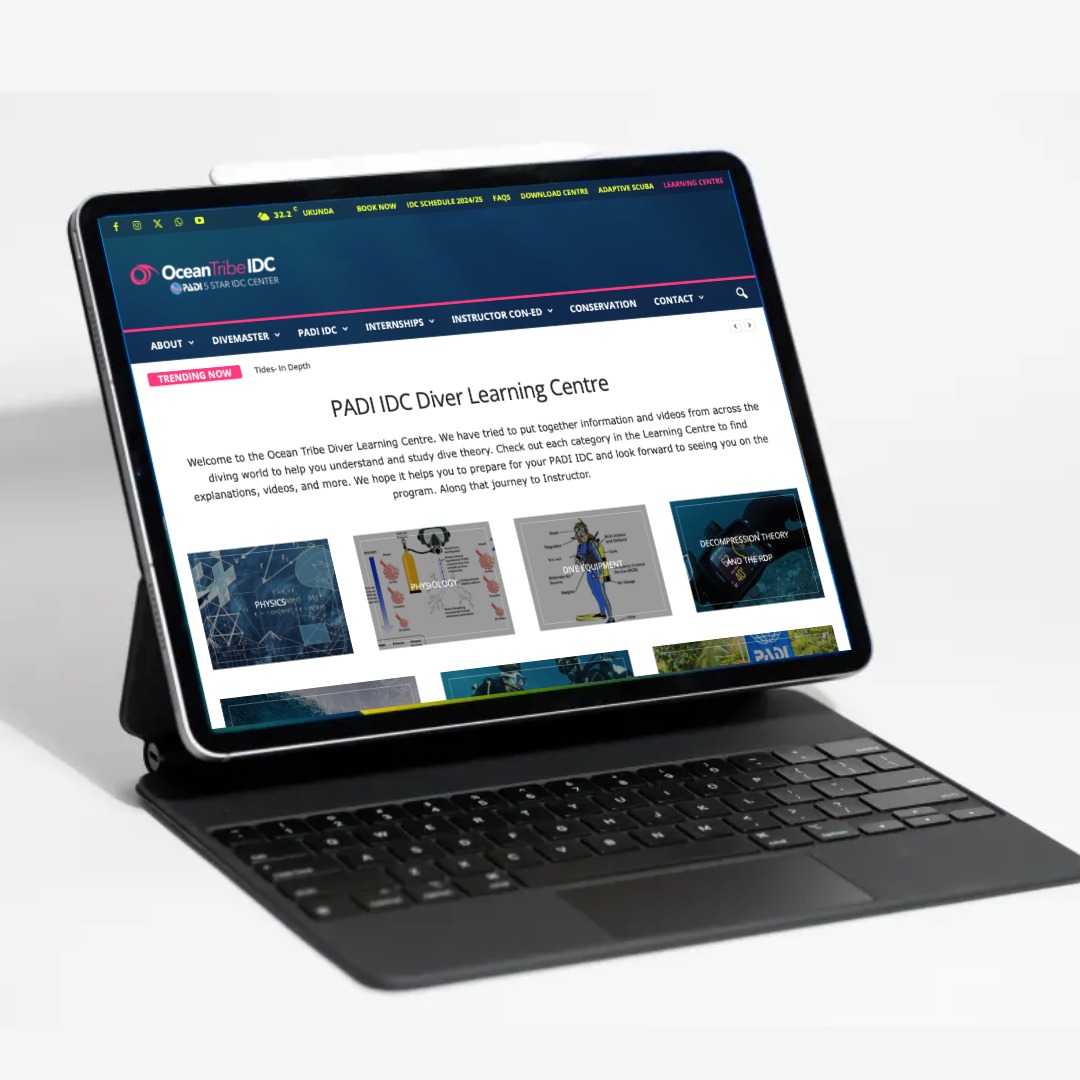The question of how long you should wait after the Divemaster Course to become a scuba instructor is heavily debated.
There is one school of thought that thinks that you should gain as much experience as possible as a PADI Divemaster before moving up the ladder.
A contrasting view is that you can progress as soon as possible while the Divemaster training is still fresh in your head and motor skills.
To be honest it is a matter of personal choice and it all depends on how you would like to do it and what is permitted by PADI standards.
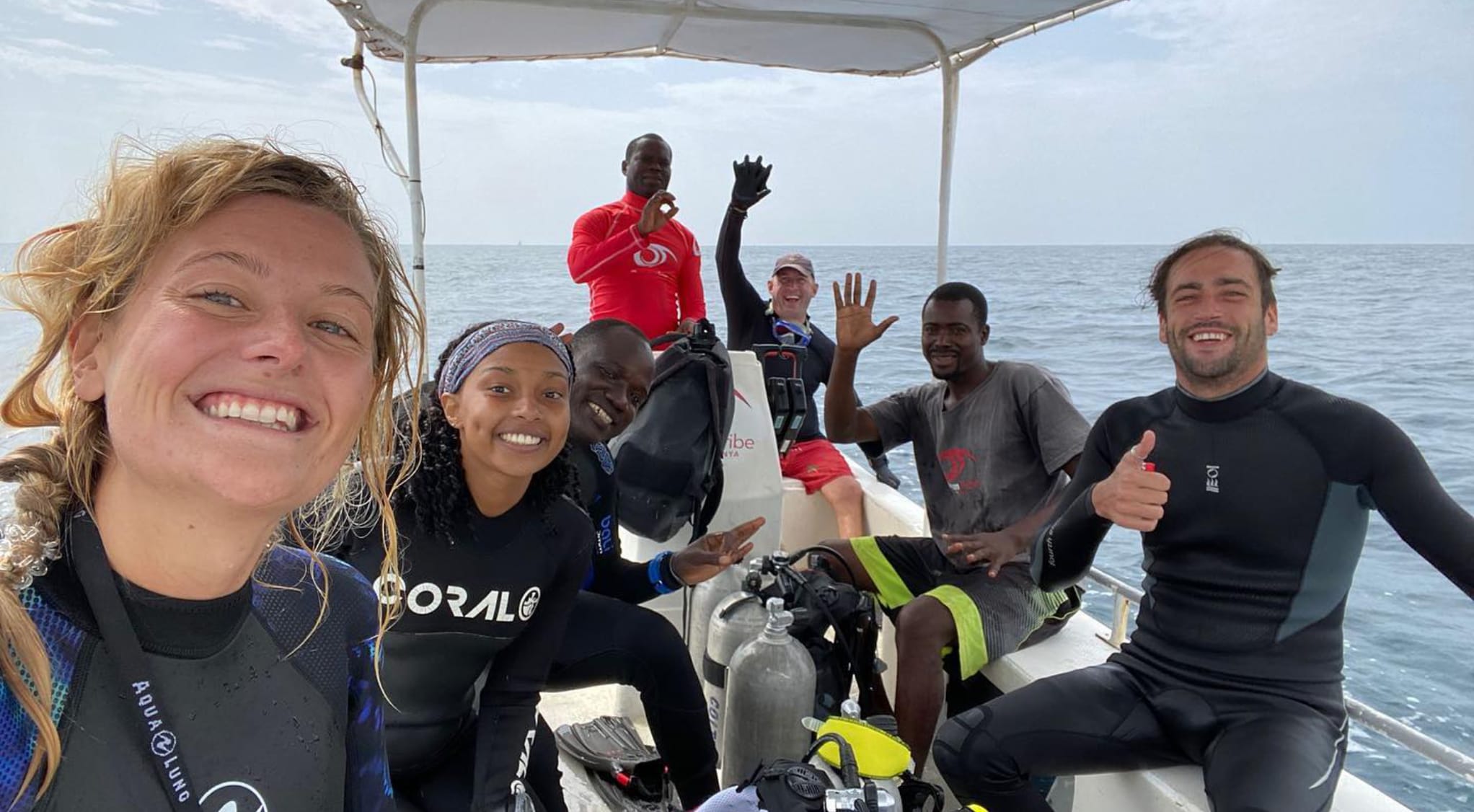
What prerequisites are there for the PADI Instructor Course that I need to meet as a Divemaster?
To know how long you should wait after the Divemaster course to become a scuba instructor. You will first need to know what you have to attain before you can upgrade.
- To enter a PADI Instructor course (IDC) you need:
- To be certified as a PADI Divemaster or equivalent rating
- To be certified as a CPR/First Aid provider within the previous 24 months
- To have been certified as a PADI Open Water Diver or equivalent rating for at least 6 months.
- To have logged at least 100 dives
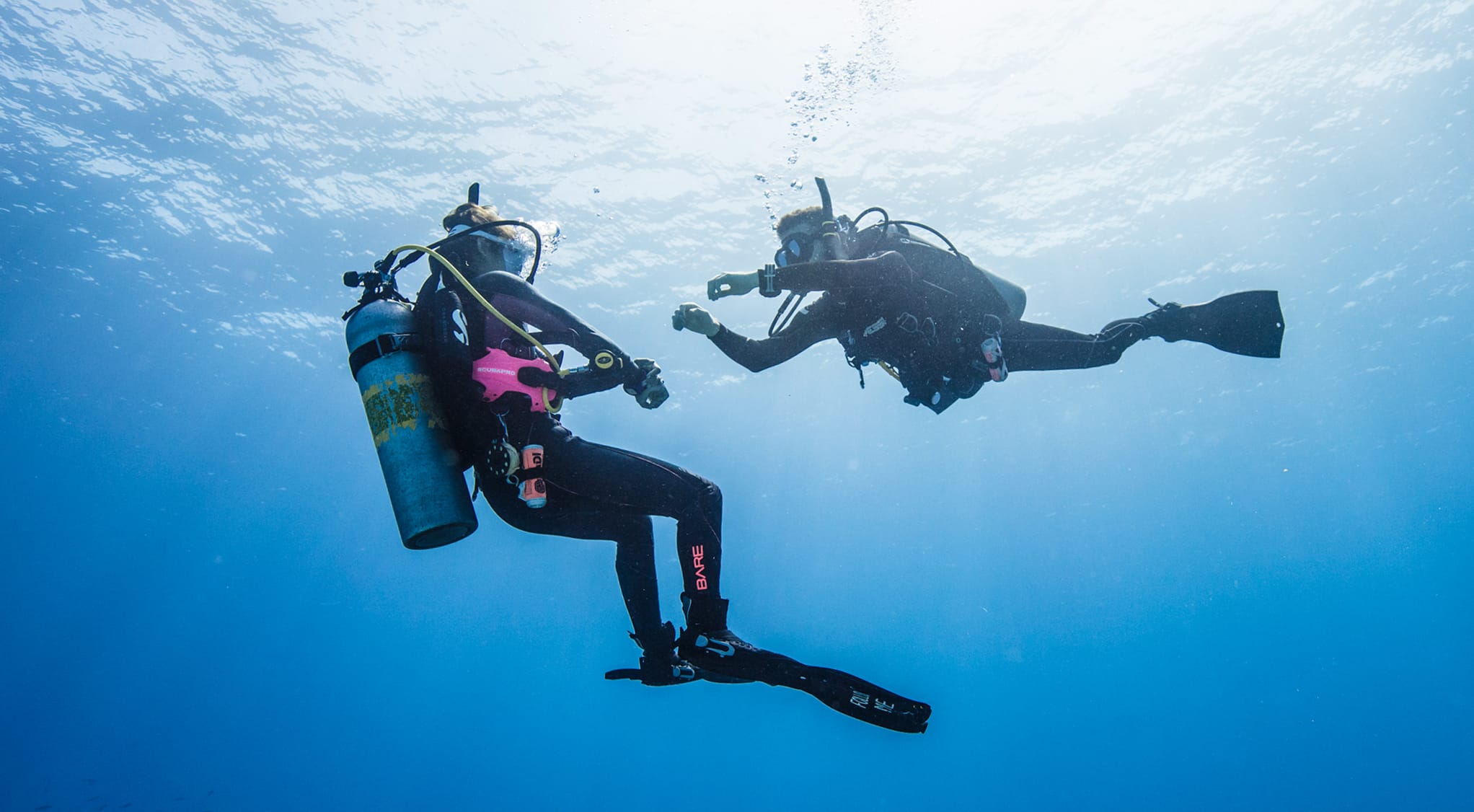
What Reasons Are There For a Divemaster To Wait to Do the PADI IDC?
Gain experience working with Instructors
As a dive professional, you will never stop learning. As you work as a PADI Divemaster, assisting student divers in training, you will be exposed to different instructors.
All instructors have different teaching and control methods. You can learn from both good and bad traits as you prepare to become a PADI Instructor yourself.
It is a good idea to work on as many PADI courses as possible before your PADI IDC. This will give you examples of control and instructor ways of briefing and counselling students. This will continue throughout your diving career.
Gain experience working in a dive centre
One of the important roles of a PADI Divemaster is to be a part of the logistics of the dive centre. Gaining experience in the dive centre Divemaster role helps add to your instructor ethos. As you have “come up through the ranks” and not bypassed anything.
You will also learn a great deal of things that the IDC will not teach you but are very important in the dive industry. These include but are not limited to:
- Equipment maintenance
- Tank filling
- Compressor maintenance
- Customer sales
- Dive guiding
- Boat management
Gain experience leading lots of different divers
Gaining experience with leading divers is an invaluable tool as a dive pro. See how divers react to their circumstances based on their training and confidence level. This helps you evolve as a professional.
Learning how to react to a diver’s moods, actions and abilities is something you will continually do.
But getting as much experience as a Divemaster with dive leading will assist you further down the line as an instructor. Being able to react to your dive students and assist them in overcoming challenges.
Leading dives will additionally improve your navigation skills, dive time and air management and your awareness of other divers. All these practical skills add to your diving ability and will make you a better dive pro.
Have time to study in-depth for the PADI IDC
One thing that the PADI IDC will not teach you is dive theory. You have already learned that on the PADI Divemaster course.
To properly prepare for your PADI IDC, you should dedicate some time to studying your dive theory and ensure that you are ready and confident with it.
That way you won’t be worrying about theory exams when it comes to the actual IDC and can concentrate on learning to teach.
Save money for the PADI IDC
Even though you get an excellent dive course and lots of inclusions. We can’t deny that the IDC is expensive compared to other dive courses.
Once you package in PADI fees, travel, accommodation and equipment you can be looking at several thousand dollars to become a PADI pro.
Taking time to raise the money to do the IDC properly with all the necessary inclusions and having your own set of diving equipment is a great idea. This might take time. But during that time you can: Progress as a dive pro. Better prepare yourself to start instructor training.

Reasons a Divemaster Can Progress Onto The PADI IDC Soon After Completing Divemaster Training
You have the most up-to-date dive theory knowledge following the Divemaster course.
You have just completed Divemaster training. You have literally just taken dive theory exams. The PADI IDC will include the dive theory exams, as will the PADI IE.
Going into instructor training while the knowledge is fresh in your memory will greatly aid you in being able to concentrate on the learning to teach part of the IDC, with confidence in your dive theory knowledge.
Your dive skills are developed and practiced
On the PADI Divemaster course, you are required to have practiced and be assessed on the 24-skills circuit. You will have gone over your skills again and again and hopefully be hitting the 5 score on many of them.
You will also have completed a rescue exercise 7 demonstration and gone over the other rescue skills on the Divemaster course.
Going onto the PADI IDC soon after DM training will ensure that your skills are already polished going forward and enable you to concentrate on the study of the IDC eLearning and learning to teach.
This will enable you to have one less thing to worry about as you approach the IDC.
You are in “Training Mode”
It might sound strange but it is a lot easier to discipline yourself for study, classroom, and workshops if you are already conditioned to it.
You have been studying for your previous dive courses and if you go back-to-back on them you will find it easier to knuckle down and get prepared for the IDC.
You are using Divemaster as a stepping-stone to the PADI Instructor rating. It can be harder in the dive industry to find paid employment in lots of areas as a PADI Divemaster.
If you are planning to work as a dive professional in some of the more tropical parts of the world, indeed, it is often easier to find work as an instructor. Divemaster positions are often filled by local DMs and dive interns in resort locations.
As such dive businesses in these locations tend to recruit foreign instructors more than divemasters.
So many dive pros see Divemaster as a stepping stone to get to instructor and wish to progress to the IDC as soon as possible so they can start earning.
There are internship packages available that allow you to gain lots of dives and experience in a short time
Many dive centers around the world including us at Ocean Tribe offer dive career internship packages to Instructor levels. These internships include courses, many dives, dive experiences, and equipment.
What a dive internship will allow you to do is pack the experience and hundreds of dives into a relatively short time as you will be diving and working with instructors every day if you want. This will quickly build up your experience and enable you to meet the performance requirements and prerequisites for dive instructor training.
This is not a shortcut as you will still be working day-in-day-out in the diving industry gaining experience and skills. We counsel you to get as much out of your dive internships as possible so that when you go onto the IDC, albeit a short time after the Divemaster course, you have built up the experience to make the transition an easy one. You will then emerge a very rounded dive instructor indeed.
When it comes down to it, however, you want to progress from Divemaster to Instructor is up to you. There are different pros and cons to going quickly or slowing it down a bit.
Hopefully, the above points will help you in your decision and if you would like to know any more at all then please contact our IDC team using email or WhatsApp.
We will be delighted to assist you in designing your ideal dive professional training timeline.




